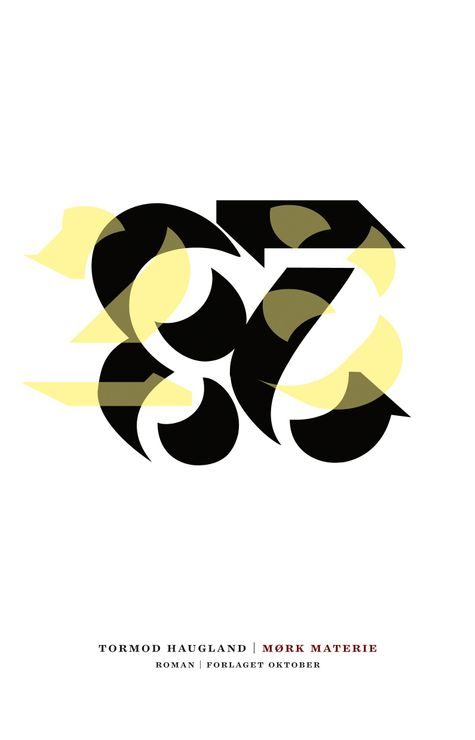“On the contrary, in Haugland’s novel, the strengths are the unclear motives, what cannot be illuminated. What is it about this middle-aged Atle Vilder, and his ordinary life, out there in the periphery? … We never understand wether Atle’s life is quite ordinary or if it’s sad – it’s probably both, and this is what makes the book disturbing in all its everyday life-ness.”
Klassekampen
“Haugland is a charming mediator of the comical in contemporary literature … Bone dry humour, voilà!-like disclosures, the past as a dry and sticky matter, obscure play on identities – these are the the utensils in the toolbox of this longstanding leader of the Academy of Writing … Haugland returns to situations and images that tie his authorship together: The uniting power of the deathbed, springtime’s connection to death.”
Morgenbladet
“Few writers have the necessary musicality needed to get exactly where they want to go, who can write so that you feel the unease of the unknown under the words, the implicit threat, those things that the reader doesn’t know but still feels. J. D. Salinger did it, especially in his stories. Tormod Haugland does it, f.ex. in the novel Dark Matter”
Odd W. Surén, Dag og Tid (in a review of Kjell Askildsen’s The Cost of Friendship

